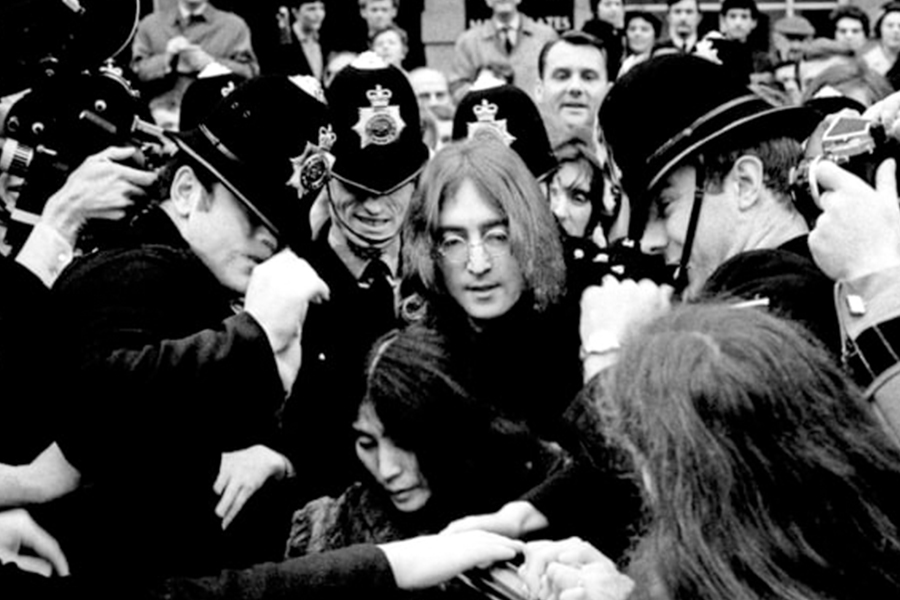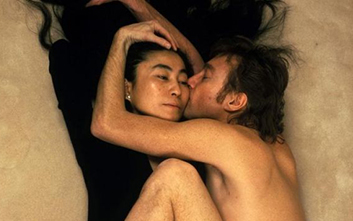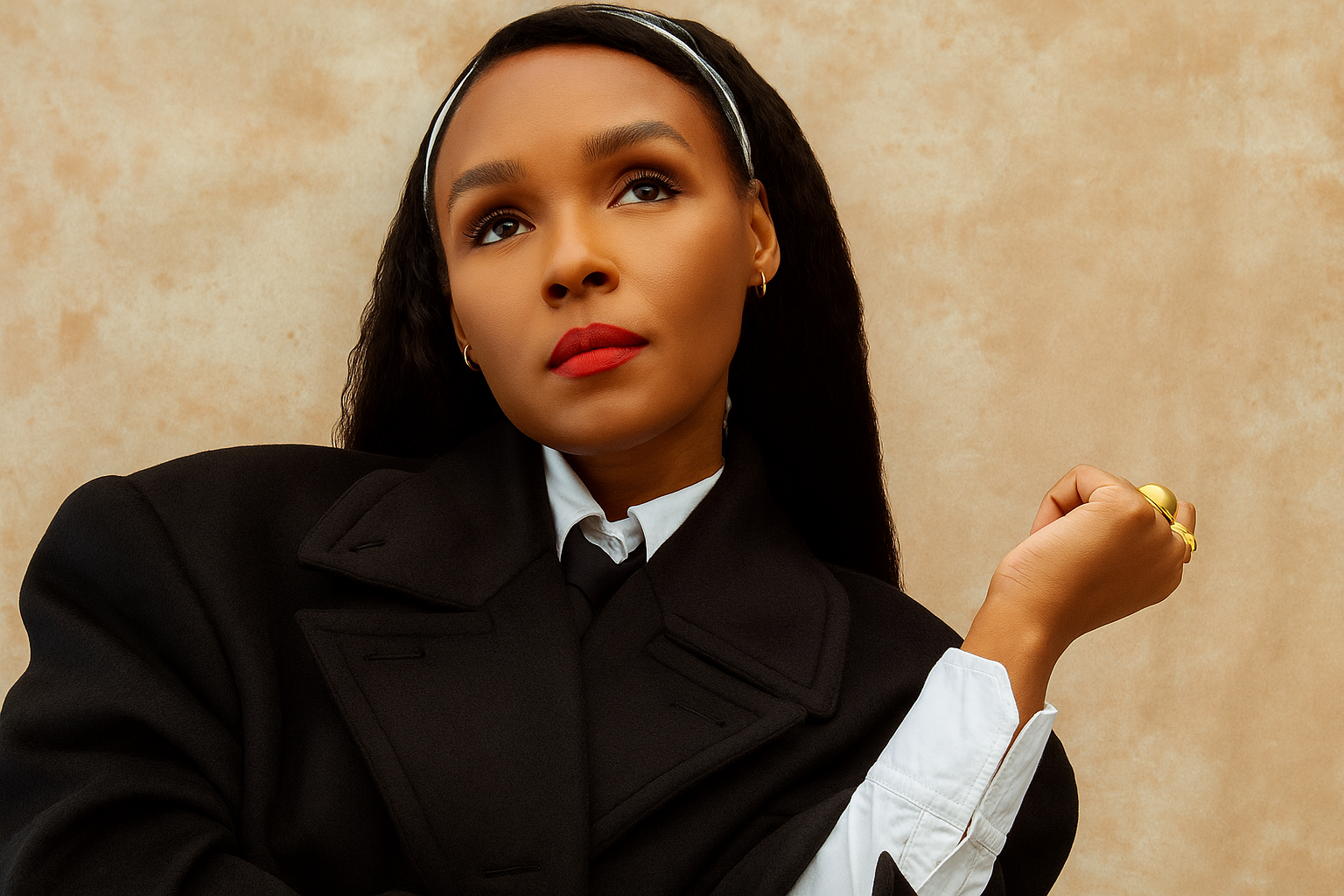36 years ago, John Lennon had an interview with Rolling Stone magazine. However, what makes this interview so remarkable, is that it was three days before the legendary singer’s assassination.
The interviewer and editor of the magazine, Jonathan Cott, had never completely transcribed the meeting and only published small sections of it until 2010, when Rolling Stone decided to reveal the whole thing.

Nine hours long but not laborious at all – Cott’s account is extraordinary: surreal and spooky, Lennon, who was “graceful, charming, exuberant, direct and playful” was murdered only three days after.
“On the 30th anniversary of Lennon’s death, we present, for the first time, the full text of Lennon’s last major print interview: the joyous, outrageously funny, inspiring, fearless and subversive conversation Lennon shared with us that night, as he was preparing to jump back into the limelight after five years of private life with Yoko and their young son, Sean,” Rolling Stone Magazine wrote.
The article, written by Cott himself, begins by detailing a cosy instance between himself and Lennon’s spouse Yoko Ono in their New York apartment. Amid coffee and reminiscing about their first encounter, Lennon happily spoke to Cott for more than nine hours.
The interview is a fantastic insight into someone who was at one point a member of the most influential and famous band in the world. After reading the intro below, you can read the full interview here.
COTT: Double Fantasy is the first recording you’ve made in five years, and, to quote from your song The Ballad of John and Yoko, “It’s good to have the both of you back.”
LENNON: But the illusion that I was cut off from society is a joke. I was just the same as any of the rest of you; I was working from nine to five – baking bread and changing some nappies and dealing with the baby. People keep asking, “Why did you go underground, why were you hiding?” But I wasn’t hiding. I went to Singapore, South Africa, Hong Kong, Bermuda. I’ve been everywhere in the bloody universe. And I did fairly average things, I went to the movies.
COTT: But you weren’t writing a lot of songs during those years.
LENNON: I didn’t write a damn thing. . . . You know, it was a big event for us to have a baby – people might forget how hard we tried to have one and how many miscarriages we had and near-death scenes for Yoko . . . and we actually had a stillborn child and a lot of problems with drugs, a lot of personal and public problems brought on by ourselves and with help from our friends. But, whatever. We put ourselves in situations that were stressful, but we managed to have the child that we tried to have for 10 years, and, my God, we weren’t going to blow it. We didn’t move for a year, and I took up yoga with the gray-haired lady on TV [laughs].
COTT: You can’t really win. People criticized you for not writing and recording, but it’s sometimes forgotten that your three previous albums – Some Time in New York City, Walls and Bridges and Rock ‘N’ Roll – weren’t universally praised . . . especially the agitprop Some Time in New York City, which included songs like Attica State, Sunday Bloody Sunday and Woman Is the Nigger of the World.
LENNON: Yeah, that was the one that really upset everyone. Yoko calls it Bertolt Brecht, but, as usual, I didn’t know who he was until she took me to see Richard Foreman’s production of The Threepenny Opera four years ago, and then I saw the album in that light. I was always irritated by the rushness of sound on it, but I was consciously doing it like a newspaper where you get the misprints, the times and the facts aren’t quite right, and there’s that you’ve-got-to-get-it-out-by-Friday attitude.
While you’re here, check out our list of the druggiest albums of all time.



